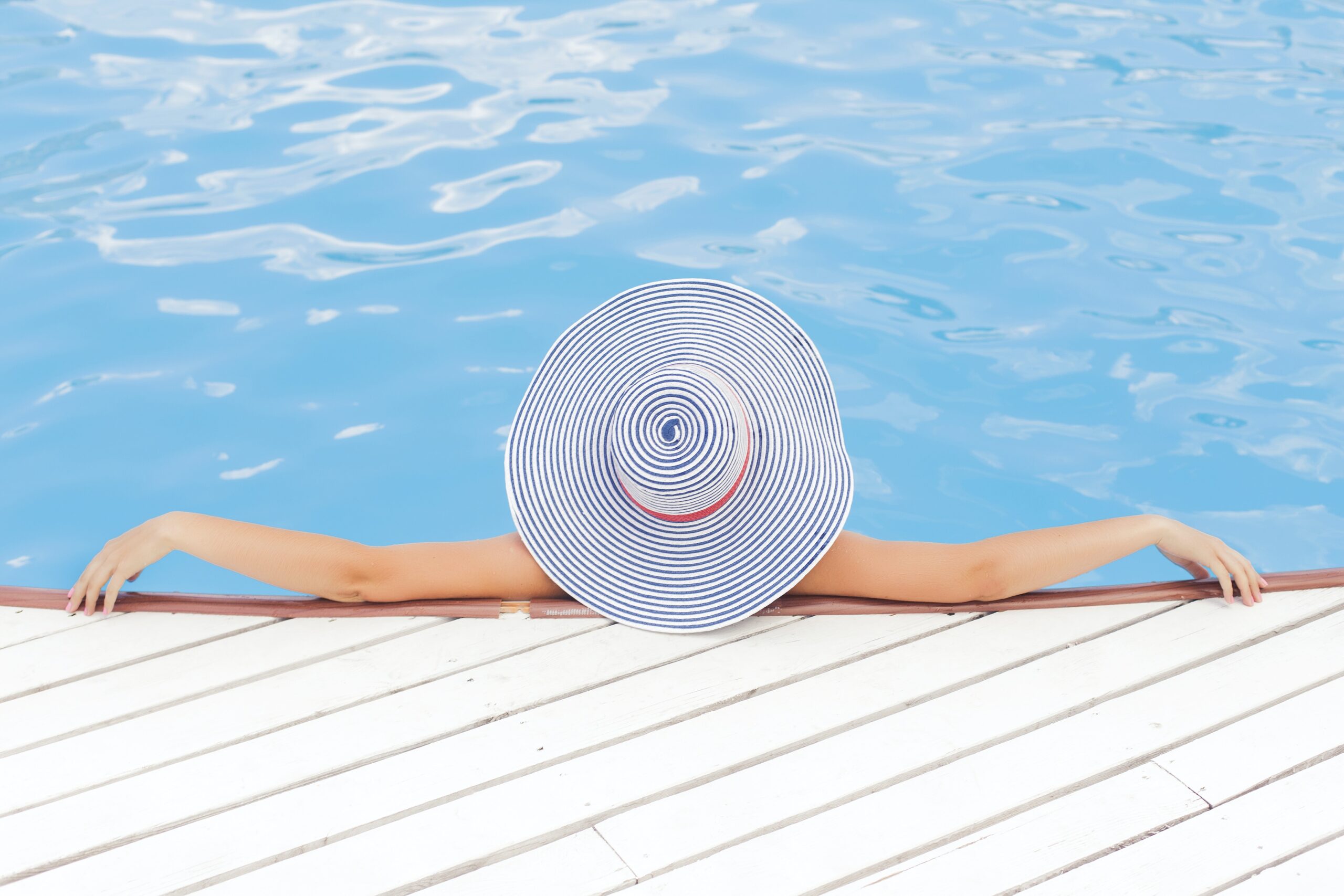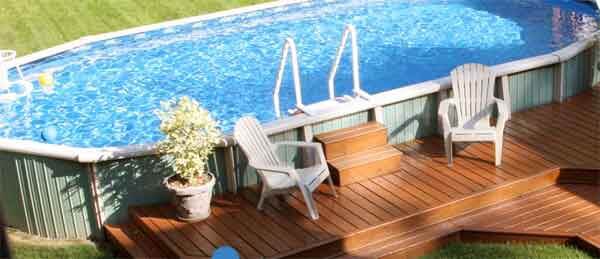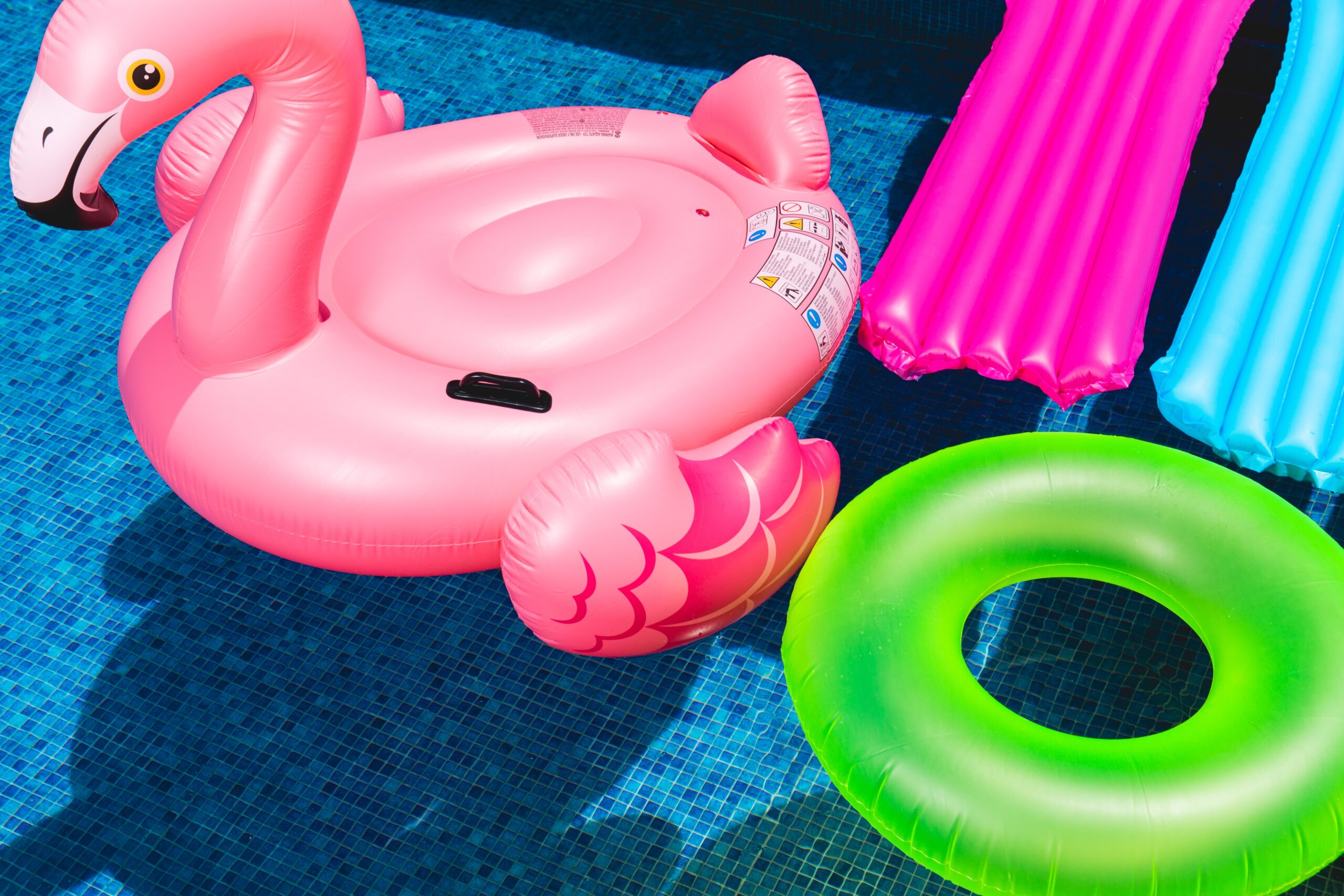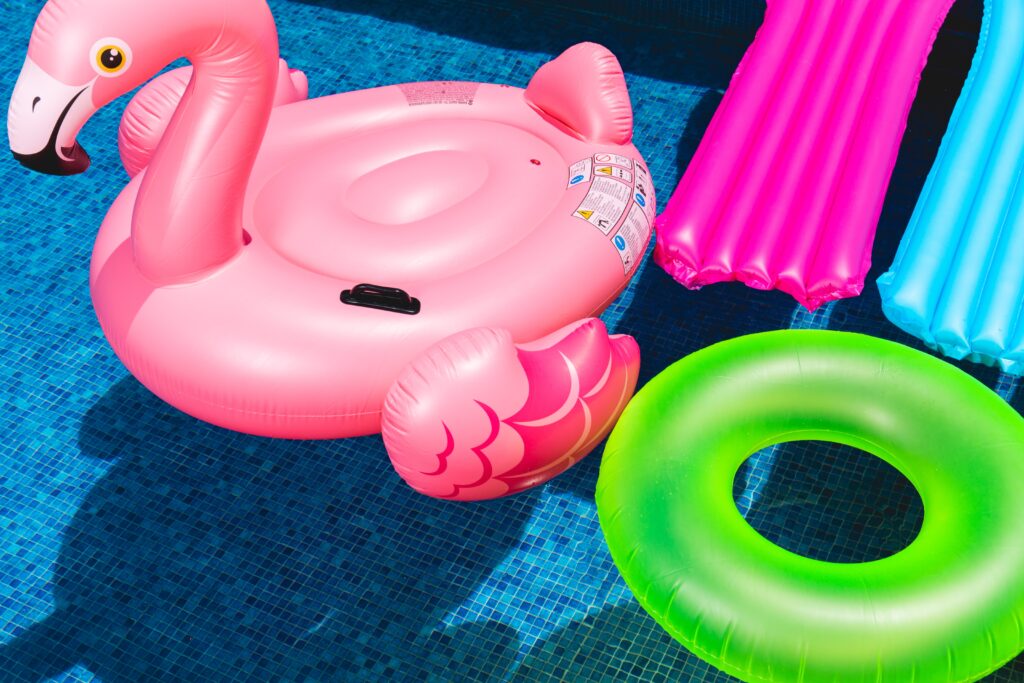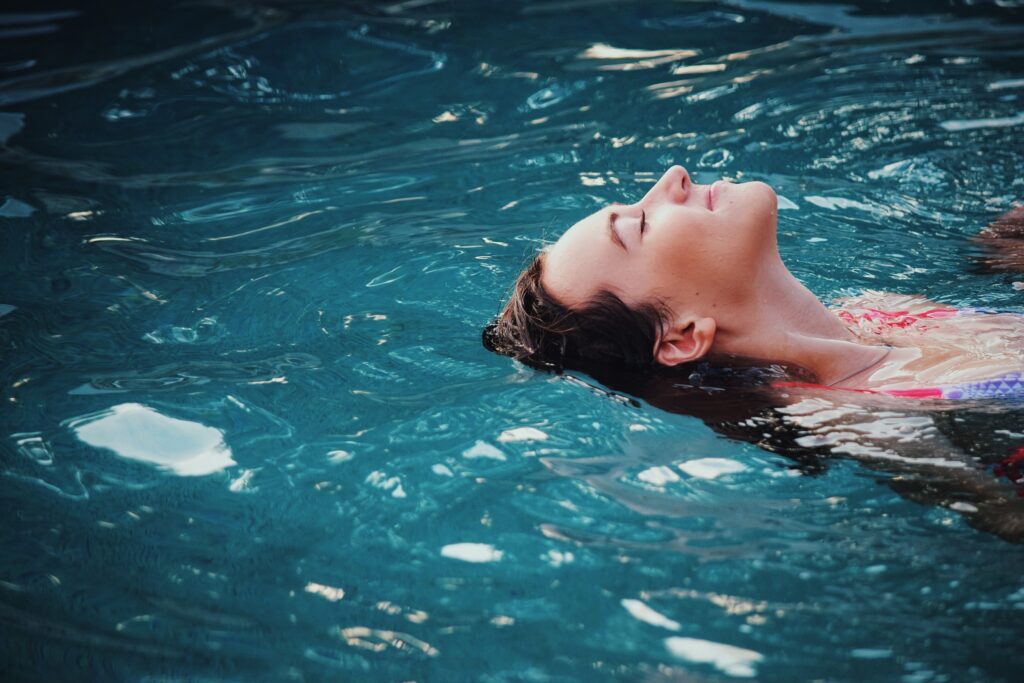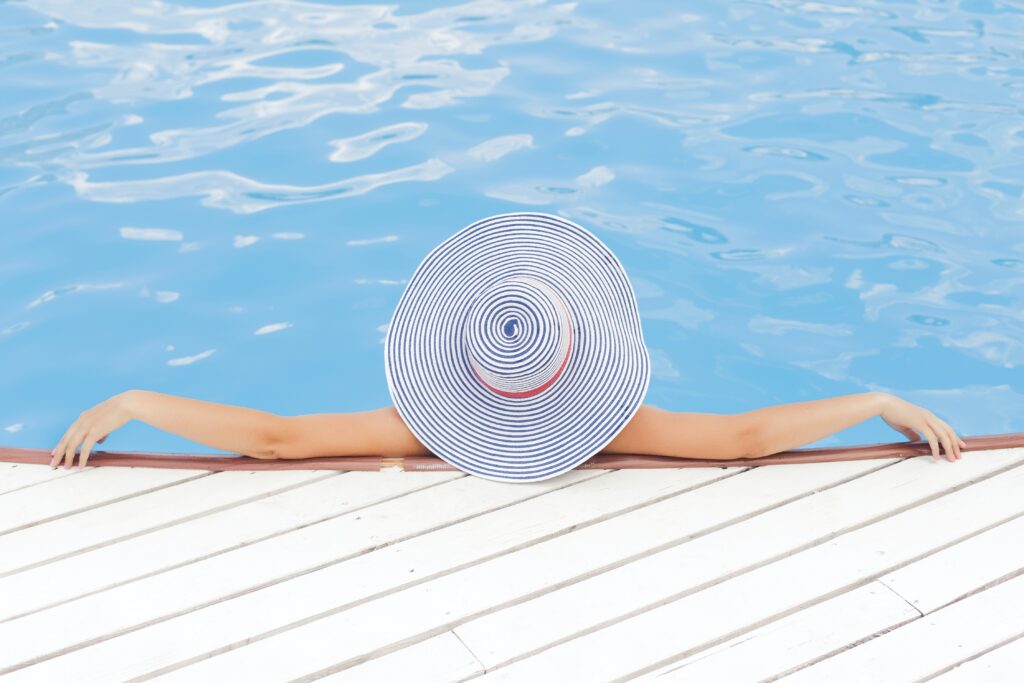Maintaining an above ground pool can seem daunting for beginners, but with a few simple steps, you can keep your pool sparkling clean all season long. From regularly testing and balancing the water chemistry to cleaning and maintaining the pool equipment, this article will provide you with essential tips and instructions to ensure your above ground pool stays in great condition.
Pool setup
Choosing the right location
When setting up an above ground pool, choosing the right location is essential. Look for a spot that is level and free from any sharp objects or debris. The area should also have good drainage to prevent water accumulation. Additionally, consider factors such as sunlight exposure and proximity to trees, as they can affect water temperature and introduce debris into the pool.
Preparing the ground
Before assembling the pool, it’s crucial to prepare the ground properly. Start by clearing the area of any grass, rocks, or roots. Next, level the ground using a shovel or a rake. This will ensure that the pool sits evenly and won’t result in any stability issues. It’s also recommended to use a ground cloth or a pool pad to provide an extra layer of protection against punctures.
Assembling the pool
With the ground prepared, it’s time to assemble the pool. Follow the manufacturer’s instructions carefully and enlist the help of a friend or family member for assistance. Begin by laying out the bottom rails and connecting them securely. Then, attach the vertical supports, making sure they are straight and aligned. Finally, attach the wall and secure it tightly to the vertical supports. Take your time during this process to ensure a sturdy and safe pool structure.
Filling the pool with water
After assembling the pool, it’s time to fill it with water. Connect a garden hose to a water source and insert it into the pool. Begin filling the pool slowly, ensuring that the water level remains even on all sides. Monitor the process closely to prevent overfilling. Once the pool is filled, it’s time to move on to water quality management.
Water quality management
Testing and balancing the water chemistry
To maintain a clean and safe pool, it’s important to regularly test and balance the water chemistry. Purchase a reliable water testing kit that measures pH, chlorine levels, alkalinity, and calcium hardness. Follow the instructions provided with the kit to obtain accurate readings. Based on the test results, adjust the water chemistry accordingly by using appropriate chemicals such as pH increasers or decreasers, chlorine stabilizers, and alkalinity enhancers.
Adding sanitizers
Sanitizing your pool is crucial to prevent the growth of harmful bacteria and algae. Chlorine is the most commonly used sanitizer for above ground pools. You can add chlorine tablets or granules to a chlorinator or a floating dispenser. Follow the manufacturer’s instructions on the product packaging for the correct amount of sanitizer to add. Remember to test the chlorine levels regularly to maintain proper sanitization.
Shock treatment
Shock treatment is an important step in maintaining water clarity and eliminating contaminants. Regular shock treatments help to oxidize organic matter and clear up any cloudiness in the water. Choose a pool shock product that matches the size of your pool and follow the instructions for application. It’s recommended to perform a shock treatment every 1-2 weeks or after heavy use.
Algae prevention and removal
Algae can quickly take over a pool if not properly managed. To prevent algae growth, regularly add algaecide to your pool. Follow the dosage instructions based on your pool size. Additionally, be diligent about cleaning the pool and removing any debris that may promote algae growth. If you notice any signs of algae, address it immediately by using specific algaecide treatments and brushing the affected areas. Regularly scrubbing the pool walls and floor will also help prevent algae buildup.
This image is property of images.unsplash.com.
Filtration system maintenance
Understanding the filtration system
Understanding how your pool’s filtration system works is crucial for its proper maintenance. Familiarize yourself with the different components, such as the pump, filter, and skimmer. Read the manufacturer’s manual to learn about the specific requirements and maintenance procedures for your filtration system. This knowledge will enable you to effectively clean and maintain the system, ensuring optimal water circulation and filtration.
Cleaning and backwashing the filter
Regularly cleaning the pool filter is essential to keep it functioning efficiently. Clean the skimmer basket and hair catcher regularly to prevent debris from clogging the system. Additionally, backwash the filter according to the manufacturer’s instructions to remove trapped dirt and debris. Backwashing involves reversing the water flow through the filter, flushing out accumulated debris through the waste outlet. Proper cleaning and backwashing will help maintain good water circulation and clear, clean pool water.
Replacing filter media
Over time, the filter media in your pool’s filtration system may become worn out or clogged beyond cleaning. It’s important to regularly check and replace the filter media as needed. Consult the manufacturer’s manual to determine the recommended replacement schedule for your specific filter type. By keeping the filter media in good condition, you’ll ensure that your pool water is adequately filtered and free from contaminants.
Maintaining proper water circulation
Proper water circulation is vital for keeping your pool water clean and clear. Ensure that the pump and filtration system are functioning correctly and providing adequate circulation. Regularly inspect the pump and motor for any signs of damage or malfunction. Keep the pool skimmer and water return outlets clear of debris. By maintaining proper water circulation, you’ll help prevent stagnant areas that can lead to water quality problems.
Regular cleaning routines
Skimming the pool surface
Skimming the pool surface on a regular basis is essential to remove leaves, bugs, and any other debris that may accumulate. Use a net skimmer or a leaf rake to skim the water surface, paying close attention to areas around the pool edges and near any plants or trees. By removing debris promptly, you’ll prevent it from sinking to the pool bottom and potentially clogging the filtration system.
Cleaning the pool walls and floor
Regularly cleaning the pool walls and floor will help prevent the buildup of dirt, grime, and algae. Use a pool brush with nylon bristles to scrub the walls and floor, paying attention to any visible spots or stains. Additionally, use a pool cleaner to reach areas that may be difficult to access manually. Regularly cleaning the pool surfaces not only keeps the water visually appealing but also helps maintain water quality.
Vacuuming the pool
Vacuuming the pool is necessary to remove small particles and debris that settle on the bottom. Manual pool vacuums or automatic pool cleaners can be used for this task. Follow the manufacturer’s instructions to ensure proper usage. It’s recommended to vacuum the pool at least once a week or as needed, depending on the pool usage and environmental factors. Regular vacuuming will maintain a clean and inviting pool environment.
Cleaning the pool ladder and handrails
The pool ladder and handrails are often overlooked but should be included in your regular cleaning routine. Use a mild detergent and a soft brush to clean the ladder and handrails thoroughly. Pay attention to any areas with visible dirt or stains. Rinse thoroughly with clean water afterward. By keeping these surfaces clean, you’ll ensure they remain safe and free from slippery substances.
This image is property of images.unsplash.com.
Maintaining optimal water level
Monitoring water evaporation
Water evaporation is a natural process that occurs in all pools. It’s important to monitor the water level regularly to prevent it from dropping too low. Check the water level every few days, especially during hotter periods when evaporation rates may be higher. If you notice a significant drop in the water level, it’s time to refill the pool.
Refilling the pool when necessary
When the water level drops below the recommended range, it’s time to refill the pool. Connect a garden hose to a water source and slowly add water to the pool. Be cautious not to overfill, as this may cause water overflow during pool usage. Additionally, check the water chemistry after refilling, as adding new water may slightly alter the chemical balance.
Covering the pool
Using a pool cover
Using a pool cover when the pool is not in use is an effective way to keep debris and dirt out of the water. Choose a cover that fits your pool size and type properly. Pool covers are available in various materials, such as vinyl or mesh. Select a cover that suits your specific needs, whether it’s for keeping the water clean or for energy-saving purposes. Properly covering the pool will help maintain water quality and reduce the cleaning effort.
Removing debris from the cover
Regularly removing debris from the pool cover is essential to prevent it from falling into the pool when the cover is removed. Gently remove any leaves, twigs, or other debris from the cover using a leaf skimmer or a soft brush. Be careful not to push the debris into the pool while cleaning. By keeping the cover clean, you’ll ensure that your pool stays debris-free when it’s time to enjoy it.
Winterizing the pool
If you live in an area with cold winters, proper winterization is crucial to protect your above ground pool. Before winter arrives, lower the water level slightly below the skimmer level. Disconnect and drain the pump, filter, and any other equipment. Thoroughly clean the pool and add winterizing chemicals according to the manufacturer’s instructions. Finally, cover the pool securely with a winter cover. Winterizing your pool will help prevent freeze damage and keep it in good condition until the next swimming season.
This image is property of images.unsplash.com.
Preventing common pool problems
Avoiding excessive chemical use
While maintaining water quality is important, it’s essential not to overdo it with chemicals. Using excessive amounts of chemicals can lead to imbalanced water chemistry, which can cause skin and eye irritation or damage pool equipment. Always follow the recommended dosage instructions when adding chemicals to your pool. Regularly test the water to ensure proper chemical levels and adjust as necessary.
Preventing water discoloration
Water discoloration can occur due to various factors, including algae growth, improper chemical balance, or metal contamination. To prevent water discoloration, maintain proper water balance by testing and adjusting the chemistry regularly. Additionally, take proactive measures to prevent algae growth, such as using algaecides and maintaining good water circulation. If you notice any discoloration, address it promptly by treating the water with appropriate products and adjusting the chemistry.
Addressing leaks or pool damage
Leaks or damage to your pool can occur over time and compromise its functionality and safety. Regularly inspect the pool for any signs of leaks, such as dropping water levels or wet areas around the pool. If you suspect a leak, consult a professional to identify and repair it. Additionally, promptly address any visible damage to the pool walls or equipment to prevent further deterioration. By staying vigilant and addressing issues immediately, you’ll ensure a well-maintained and long-lasting pool.
Protecting against sun damage
The sun’s rays can cause damage to your pool over time, such as fading the pool liner or causing materials to deteriorate. To protect your pool against sun damage, use a pool cover when the pool is not in use. Additionally, consider erecting a shade structure or planting trees strategically to provide shade and limit direct sunlight exposure. Regularly inspect the pool liner for any signs of fading or deterioration and address them accordingly.
Safety precautions
Using proper pool fencing
Ensuring the safety of everyone around the pool is paramount. Install a proper pool fence that meets the local regulations to prevent unauthorized access, especially by children or pets. The fence should be at least four feet high and have self-closing and self-latching gates that are out of reach for children. Regularly inspect the fence for any damage and address it promptly.
Supervising children and inexperienced swimmers
Whenever the pool is in use, children and inexperienced swimmers should be closely supervised. Never leave them unattended in or near the pool, even for a short duration. Enforce strict rules, such as no running or diving, and ensure that everyone understands and follows them. Establish clear boundaries and make sure that all users are comfortable and confident in the water.
Knowing CPR and pool rescue techniques
Having knowledge of CPR (Cardiopulmonary Resuscitation) and pool rescue techniques is vital in case of emergencies. Enroll in a certified CPR and lifeguard training course to learn these skills. Make sure that at least one responsible adult present at all times knows these techniques and can effectively respond to a water-related emergency.
Maintaining pool equipment
Cleaning and storing pool tools
Regularly clean and store your pool tools to keep them in good condition and prolong their lifespan. Rinse pool brushes, skimmers, and vacuum heads with clean water after each use to remove debris. Allow them to dry thoroughly before storing them in a secure location. Check the tools periodically for any signs of wear or damage and replace them as necessary.
Maintaining the pool pump and motor
The pool pump and motor are essential components of your pool’s filtration system. Regularly inspect them for any signs of damage or malfunction. Clean the pump basket and remove any debris that may inhibit its performance. Lubricate the O-rings and seals according to the manufacturer’s instructions to prevent leaks. If you notice any issues with the pump or motor, promptly address them or consult a professional for assistance.
Inspecting and repairing pool accessories
Regularly inspect and maintain any pool accessories, such as ladders, diving boards, or slides. Check for any loose bolts or screws and tighten them as necessary. Additionally, inspect the surfaces for any signs of wear, such as cracks or splinters, and repair them promptly. By keeping your pool accessories in good condition, you’ll ensure the safety and enjoyment of everyone using the pool.
Professional assistance
Scheduling professional inspections
While regular maintenance is essential, it’s also beneficial to schedule periodic professional inspections. A pool professional can thoroughly assess the pool’s condition, identify potential issues, and provide expert advice on maintenance and repairs. Consider scheduling a professional inspection at least once a year or as recommended by the manufacturer.
Seeking help for major repairs or maintenance issues
If you encounter major repairs or complex maintenance issues, it’s best to seek professional help. Trying to tackle extensive repairs on your own may result in further damage or safety hazards. A professional pool technician has the knowledge and expertise to address complicated problems effectively. Don’t hesitate to contact a professional if you’re unsure or overwhelmed by a specific issue.
By following these comprehensive guidelines, maintaining an above ground pool as a beginner can be a manageable and enjoyable experience. Remember, consistency is key when it comes to pool maintenance. With the appropriate knowledge and regular upkeep, your above ground pool will provide a refreshing and safe oasis for your outdoor enjoyment.
